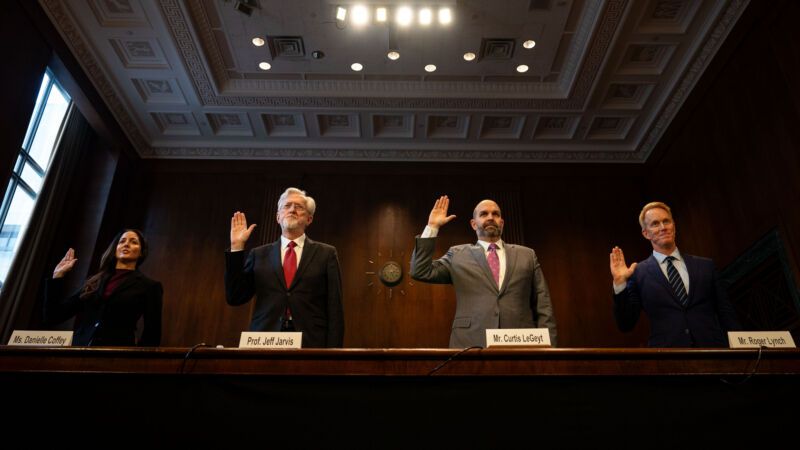-
Sl
chevron_right
Contact publication
pubsub.blastersklan.com / slashdot · Monday, 18 March - 01:58 edit · 2 minutes
In 2020 Oregon passed Measure 110, decriminalizing possession of small amounts of drugs. But now "America's most radical experiment with drug decriminalization has ended," writes the Atlantic, "after more than three years of painful results." Oregon Governor Tina Kotek has pledged to sign legislation repealing the principal elements of the ballot initiative... Possessing hard drugs is again a crime in Oregon, and courts will return to mandating treatment for offenders. Oregonians had supported Measure 110 with 59 percent of the vote in 2020, but three years later, polling showed that 64 percent wanted some or all of it repealed... More than $260 million were allocated to services such as naloxone distribution, employment and housing services, and voluntary treatment... Once drugs were decriminalized and destigmatized, the thinking went, those who wanted to continue using would be more willing to access harm-reduction services that helped them use in safer ways. Meanwhile, the many people who wanted to quit using drugs but had been too ashamed or fearful to seek treatment would do so. Advocates foresaw a surge of help-seeking, a reduction in drug-overdose deaths, fewer racial disparities in the health and criminal-justice systems, lower rates of incarceration, and safer neighborhoods for all... Measure 110 did not reduce Oregon's drug problems. The drug-overdose-death rate increased by 43 percent in 2021, its first year of implementation — and then kept rising. The latest CDC data show that in the 12 months ending in September 2023, deaths by overdose grew by 41.6 percent, versus 2.1 percent nationwide. No other state saw a higher rise in deaths... Neither did decriminalization produce a flood of help-seeking. The replacement for criminal penalties, a $100 ticket for drug possession with the fine waived if the individual called a toll-free number for a health assessment, with the aim of encouraging treatment, failed completely. More than 95 percent of people ignored the ticket, for which — in keeping with the spirit of Measure 110 — there was no consequence. The cost of the hotline worked out to about $7,000 per completed phone call, according to The Economist. These realities, as well as associated disorder such as open-air drug markets and a sharp rise in violent crime — while such crime was falling nationally — led Oregonians to rethink their drug policy. The article notes that Oregon was the first U.S. state to decriminalize marijuana back in 1973, and had long shown low rates of imprisonment for non-violent crimes (diverting offenders into so-called "drug courts which could mandate treatment or order court-directed supervision). "However, after Measure 110 was passed and the threat of jail time eliminated, the flow of people into these programs slowed." But "One thing Measure 110 got right, at least in principle, is that Oregon's addiction-treatment system was grossly underfunded," the article concludes. And it adds that the newly-passed law now "provides extensive new funding for immediate needs, including detox facilities, sobering centers, treatment facilities, and the staff to support those services." They recommend other states adopt "adequately funded, evidence-based prevention and treatment" — and instead of punitive incarcerations, "use criminal justice productively to discourage drug use."
Read more of this story at Slashdot.
Why Oregon's Drug Decriminalization Failed
